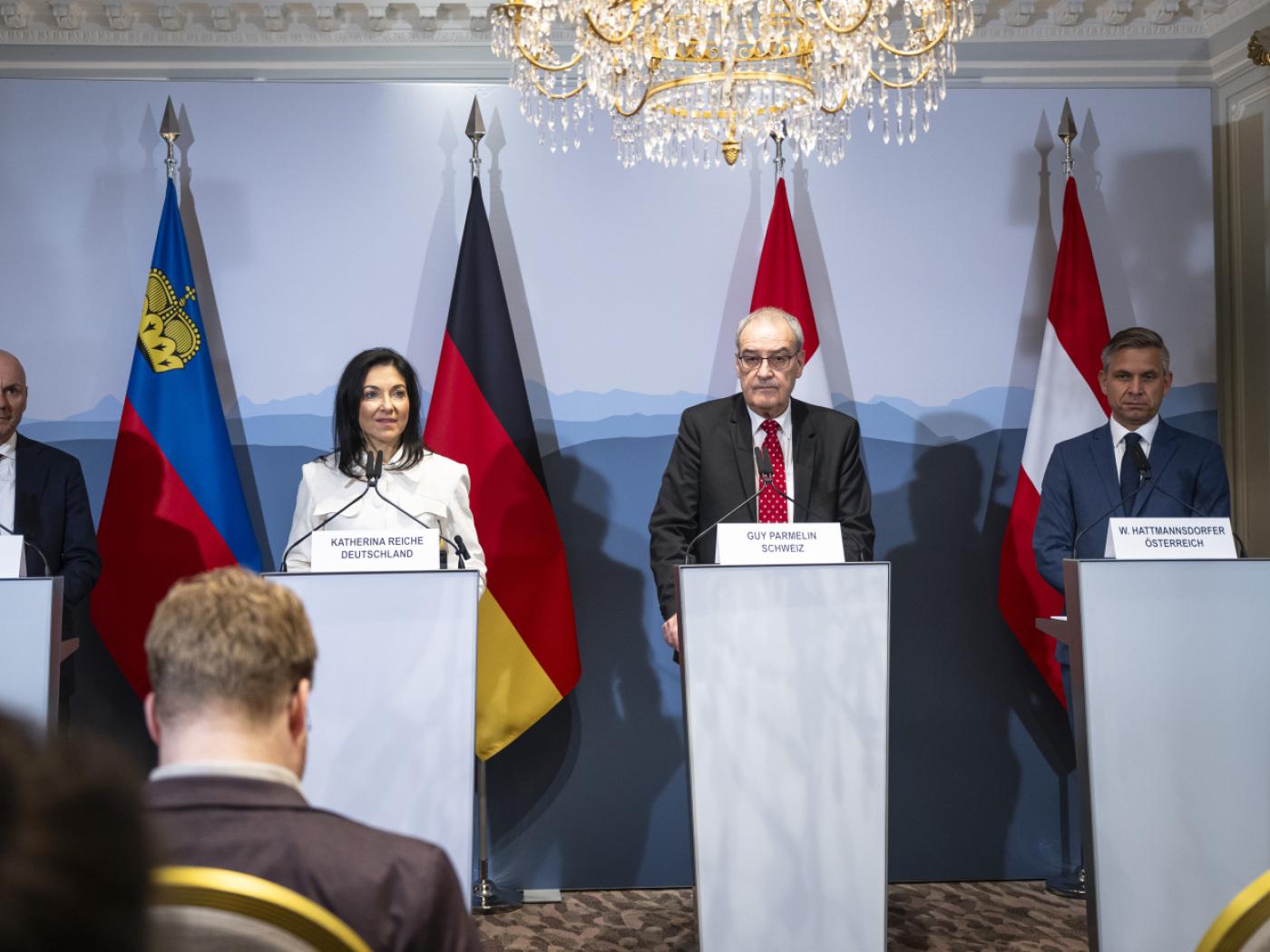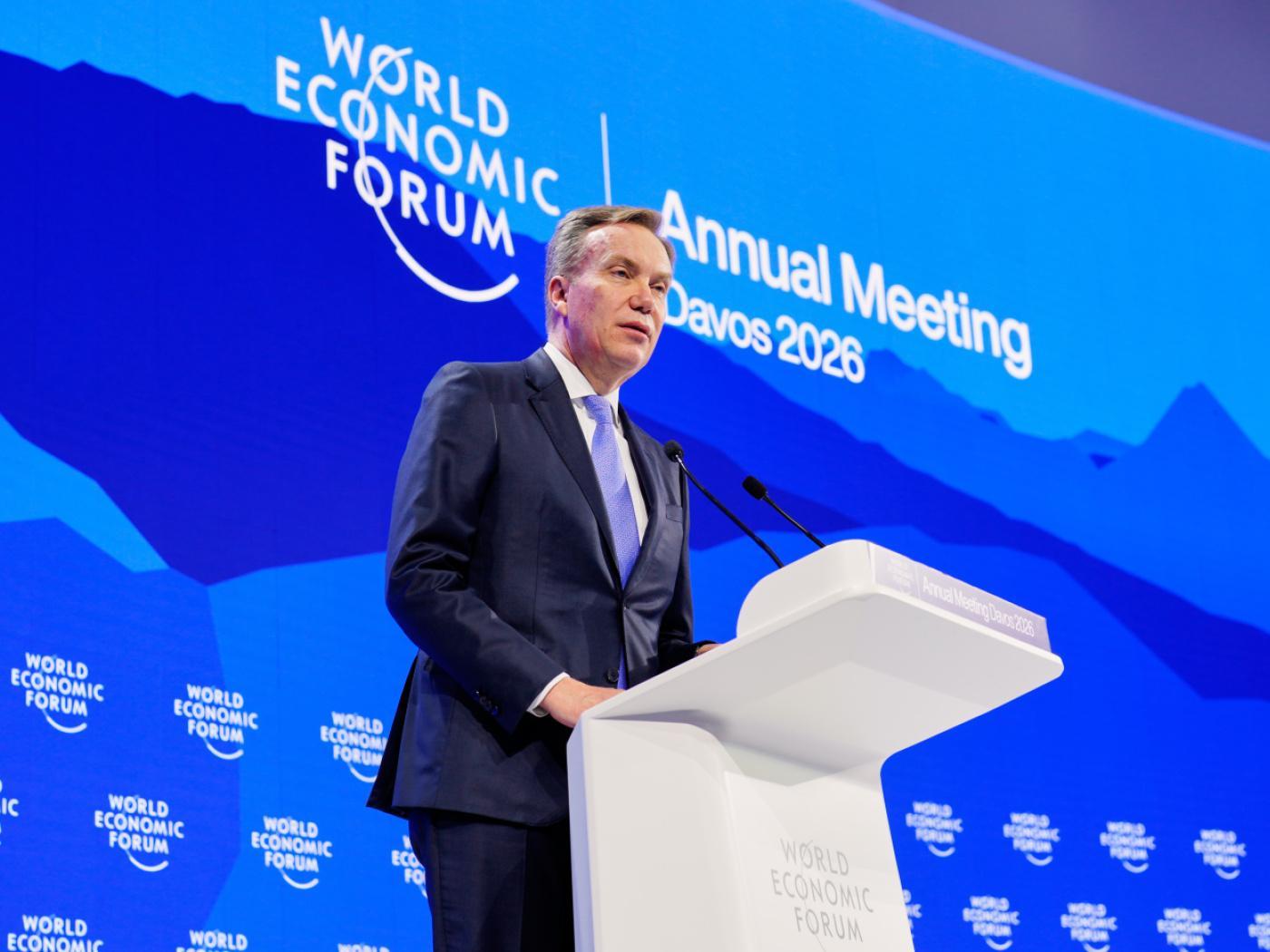It is hard to exaggerate the importance of China in the future of gold even if the relationship falls short of monocausal. Beijing’s actual course both in economic policy and geopolitics since its giant bubble economy turned to bust — starting circa 2020 — has had a huge bearing on gold’s super-strong performance. By contrast if the bust were to spark somehow a triumph of economic and political freedom in China, a continuing stellar rise for gold would depend, most likely, on a further collapse of general confidence in fiat money led by the dollar hegemon.
The roots of gold’s dependence on China do not figure at all in the conventional IMF/Keynesian analysis of the present “malinvestment problem” in that country. According to this analysis the huge loss of private wealth corresponding to the suddenly apparent total economic obsolescence of 80 million empty apartments has caused a sharp rise in China’s private sector savings surplus. That presents supposedly a twin menace of internal deflation and trade imbalance with the rest of the world.
Markets Are the Solution
How to reduce that menace (according to IMF/Keynesians)? Beijing policy makers must unleash giant fiscal and monetary stimulus. And they must not take any actions which would stoke the tendency towards an ever-larger Chinese trade surplus in the wake of bubble-busting.
The premise of these prescriptions is plain wrong. They provide no scope for the invisible hands. Yes, the revelation of pervasive malinvestment goes along with a widespread loss of perceived well-being in China. That means in the first instance a sogginess of consumer spending. The invisible hands, however, in a well-functioning market economy with sound money, should operate in the direction of incentivizing new capital spending amidst the destruction of much old capital stock.
A fall in wage-rates across important sectors of the economy, accompanied by a widening of perceived profit opportunities, would bring an upturn in business investment, much of it in new areas of activity. Foreign firms would participate alongside domestic ones. The bust — and related wipe-out of capital stock — means China would have retreated down the list of emerging market economies to where capital is scarcer as a factor of production. In this situation, China would attract enhanced capital inflows with a counterpart in smaller trade surpluses or even trade deficits.
More generally, in the post-bubble Chinese economy many prices of goods and services under sound money would have fallen to well below their long-run path, incentivizing individuals and businesses to bring forward spending. The Keynesians who revile “deflation” just do not get the plot and instead perversely welcome evidence of price rises. These are, in fact, symptomatic of new supply restraints including the fall-out from trade confrontation.
There has been little prospect of invisible hands operating in the ways described for China. Foreign investors, most of all in the US, are highly risk-averse regarding ploughing capital into the post-bust Chinese economy — whether due to the hostile attitude of Beijing or out of fear about actions by the US authorities.
The Chinese Regime Sees More Inflation as the Solution
In view of actual foreign restrictions on Chinese export growth and the serious handicaps to a spontaneous upturn in business investment, policy makers in Beijing see only one possible exit from the economic doldrums. This is an increase in state spending paid for by camouflaged monetary taxation (inflation tax and financial repression).
The prospect of likely inflation becomes even stronger when we consider the squeeze on real incomes in China due to stepped up economic warfare with the US. Lowered incomes with no solid hope of improvement ahead surely add to political discontent below the surface. The hierarchy in Beijing will counter this by so-called monetary stimulus or by command-economy measures.
No wonder Chinese savers who imagine any of this either explicitly or intuitively see gold as the sparkling refuge —much more so than the dollar in any form. Chinese savers, like other foreign savers, are also aware that that the US will act where possible against local deposit-taking institutions suspected of financing proscribed activities (for example aiding the Russian war economy). Yes, there is the possibility, in principle, of seeking refuge in the wild digital space of crypto assets; in practice, though, this has faced bans in China for many years.
A China-Based Network of “Gold Banks”?
The Chinese authorities have no problem with the “flight into gold” in this nation where private and government sectors together hold the yellow metal to a greater extent than in any other nation including the US; total private and state holdings could be as high as 15% of above ground gold stocks worldwide. Perhaps they appreciate the feel-good factor in gold holdings for the ordinary citizen and how this might dampen political discontent.
It is possible that the Chinese authorities could take their sponsorship of gold as safe haven a stage further. They could tolerate and indeed encourage the growth of a payments network based on gold. In effect this would consist of safekeeping institutions that issue certificates of deposits with high mandatory physical gold backing (even 100 per cent for the safest certificates). This payments network could extend to countries friendly with China (who refuse to side with US in trade policy), many in the emerging market world. Shanghai would be the likely point of delivery in this network for physical gold against deposits.
Japan’s Limited Options
For obvious reasons, as a US ally, Japan could not be part of the network. But in general, the demand for gold as haven has a growing and weighty Asian component, including Japan. That country finds itself exposed to peril in a US-China economic war. For example, US prohibitive actions against China imports may well have a counterpart in Chinese enterprises stepping up their sales efforts in third party countries of which Japan would be top of the list. Japanese investors have every reason to fear that a cheap yen and monetary inflation would become the staple response of their government, especially given its massive debts.
Unlike for China, US dollar securities held in Japan are not subject to political risk and have functioned well as a haven in recent years. But doubts may well grow amongst the Japanese that such a one-way track can continue and there are scenarios where Tokyo-Washington relations could become much more tense. Despite much of the public talk about US-Japan closeness, a third way for Tokyo is not foreclosed. The builder of scenarios about US-Japan frictions, including Japan’s continuing and likely growing dependence on Sakhalin oil and gas, could question Japan’s participation in a military response to potential Chinese aggression against Taiwan.
Bottom line: the huge importance of China to the future of gold does not just lie in the impoverishing of that country by economic war with the US and the devastation of mal investment. The demand for safe haven amongst savers generally in East Asia who are only too aware of risks stemming from the China-US economic war is also highly relevant.
Full story here Are you the author? Previous post See more for Next postTags: Featured,newsletter



























